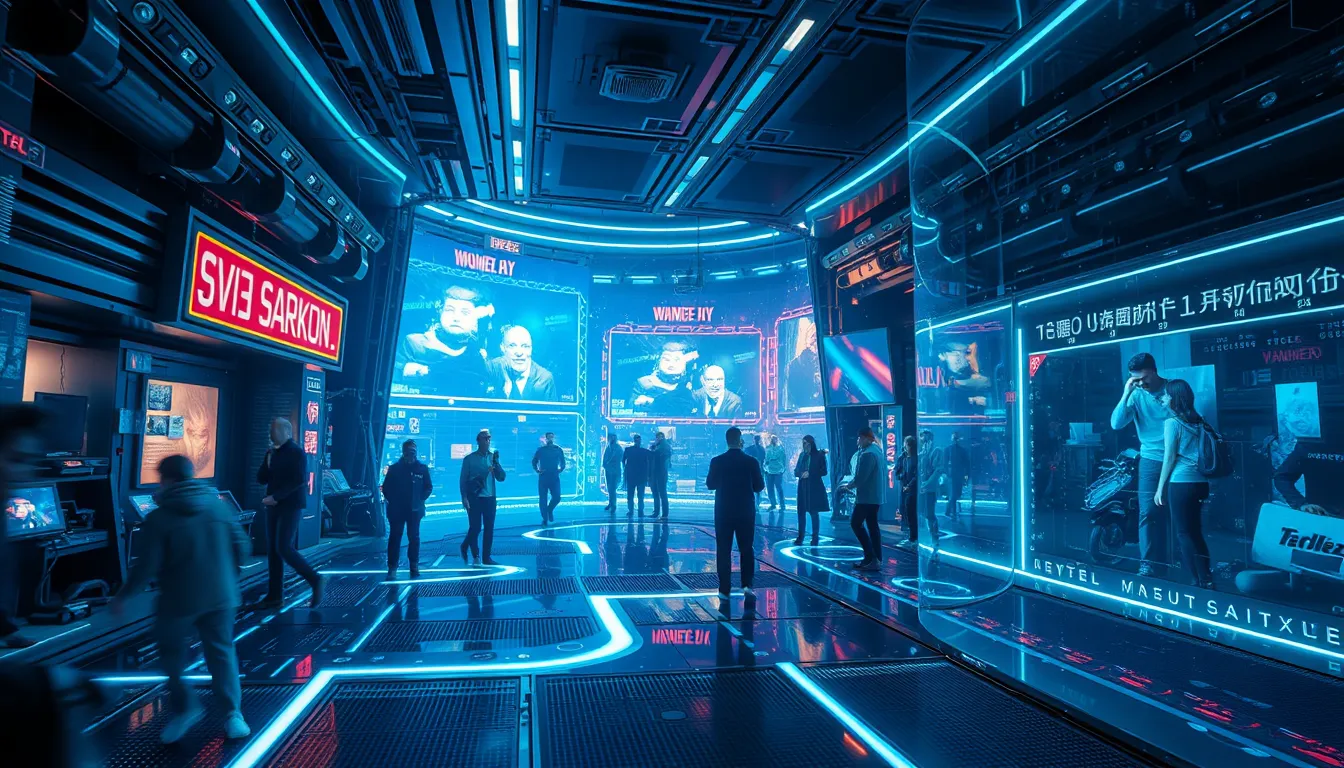Now Reading: Powerful AI in Healthcare Diagnostics: Boosting Patient Care
-
01
Powerful AI in Healthcare Diagnostics: Boosting Patient Care
Powerful AI in Healthcare Diagnostics: Boosting Patient Care

Powerful AI in Healthcare Diagnostics: Boosting Patient Care
The integration of Artificial Intelligence (AI) in healthcare diagnostics is transforming the fields of medical imaging, disease prediction, and overall patient care. In today’s fast-paced, technology-driven world, AI in healthcare diagnostics is making processes more efficient and accurate. This article explores the remarkable advancements in AI-driven diagnostic tools and how they are reshaping the future of medicine.
The Rise of AI in Healthcare
Artificial Intelligence is not just a buzzword – it has become a vital part of modern healthcare. The rapid development in AI technology has paved the way for enhanced diagnostic methods and early detection of diseases. AI algorithms are now capable of analyzing vast medical data sets with unparalleled speed and accuracy, ensuring doctors can make well-informed decisions faster than ever before.
- Improved Diagnostic Accuracy
- Enhanced Efficiency in Data Analysis
- Timely Disease Prediction
By incorporating advanced machine learning techniques, medical professionals can now rely on AI to identify patterns that might be missed by traditional methods. This not only speeds up the diagnostic process but also improves overall patient outcomes.
How AI Improves Diagnostic Accuracy
One of the most impressive aspects of AI in healthcare diagnostics is its ability to enhance diagnostic accuracy in various medical conditions. For instance, in the realm of medical imaging, AI tools are being used to detect abnormalities with greater precision. Machine learning models analyze medical images to differentiate between benign and malignant tissues, improving diagnostic consistency. Here are some key benefits:
- Precision in analyzing imaging data
- Reduction of human error
- Faster diagnosis leading to earlier treatment
A prime example of this innovation is in breast cancer screening. AI-powered diagnostic systems can examine mammograms more systematically than human eyes, reducing false positives and enabling a quicker response to genuine threats. Such accuracy not only saves lives but also reduces the psychological and financial burdens associated with misdiagnosis.
Advancements in AI Medical Imaging
Medical imaging is one of the sectors that has benefited immensely from AI integration. Traditional imaging methods, although effective, sometimes fall short in terms of speed and precision. With AI-enhanced diagnostic tools, imaging technologies are evolving to deliver real-time, accurate interpretations. Hospitals and clinics worldwide are adopting these technologies to minimize delays and improve diagnostic outcomes.
Moreover, AI in healthcare diagnostics isn’t just about reading images—it’s about interpreting complex datasets. These systems analyze patient records, lab results, and genetic information in conjunction with imaging data to provide a comprehensive analysis of a patient’s health. This multi-dimensional approach ensures that disease prediction is more robust and tailored to individual needs.
Challenges and Future Directions
Despite its significant benefits, implementing AI in healthcare diagnostics comes with challenges. Privacy concerns, data security, and the need for extensive validation of AI models are some of the issues that require continuous attention. However, ongoing research and development are committed to addressing these challenges. With collaborations between tech giants like Microsoft and healthcare institutions, the future of AI in healthcare looks promising.
Furthermore, organizations such as the World Health Organization are working closely with AI experts to formulate guidelines that ensure ethical use of AI technology in healthcare settings. These initiatives are critical for maintaining patient trust and ensuring safety in medical diagnostics.
Concluding Thoughts
The future of healthcare diagnostics is undeniably intertwined with AI technology. As AI in healthcare diagnostics becomes increasingly sophisticated, we can expect significant improvements in how diseases are detected and treated. The benefits of AI, including enhanced accuracy, efficient data analysis, and early disease prediction, pave the way for a new era in medical care.
In conclusion, the adoption of AI in healthcare diagnostics is a game-changer. It transforms how clinicians approach patient care, providing tools that are both reliable and innovative. As this technology continues to evolve, it offers promising avenues for improving patient outcomes globally. For further updates on AI advancements, interested readers can explore additional resources from reputable sources such as OpenAI and Microsoft.
Embracing AI in healthcare diagnostics not only drives innovation but also brings us one step closer to a future where healthcare is more precise, personalized, and effective.

























